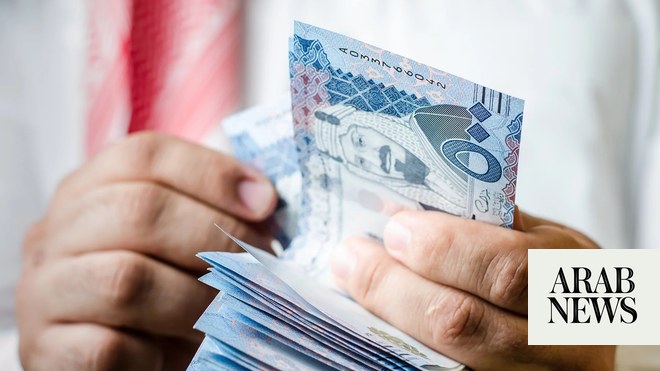
RIYADH: Saudi Arabia’s National Debt Management Center announced the closure of the riyal-denominated sukuk program issuance for April with the total bid amount received at SR2.471 billion ($658.9 million).
The sukuk issuance was divided into tranches. The first has a size of SR1.919 billion maturing in 2033 and the second at SR552 million maturing in 2037.
Also called an Islamic bond, sukuk is a debt product issued according to Shariah or Islamic laws.
“This issuance confirms the NDMC’s statement in the mid of February of this year that NDMC will continue, in accordance with the approved Annual Borrowing Plan, to consider additional funding activities subject to market conditions and through available funding channels locally or internationally,” NDMC’s website stated.
This is to ensure the Kingdom’s continuous presence in debt markets and manage the debt repayments for the coming years while considering market movements and the government debt portfolio risk management, the statement added.
Last month, NDCM closed the issuance of SR3.37 billion while the total value of all bids received for March stood at SR8.34 billion.
The Saudi Riyal Sukuk Program is one of the Kingdom’s financing tools where the Ministry of Finance issues local instruments that are then organized by the NDMC and later divided into monthly tranches for investors.
Debt issuances in the Middle East and North Africa region nearly tripled in value year-on-year during the first quarter of 2023 to reach $26.9 billion, data from Refinitiv showed.
Saudi Arabia topped the regional list accounting for 67 percent of the total bond proceeds, followed by the UAE with 17 percent, Morocco (9 percent) and Egypt (6 percent).
Government and agencies issuers accounted for 55 percent of proceeds raised during the first quarter while financial issuers represented 45 percent of the market share.
Sukuk raised $6.3 billion during the first quarter of 2023, a 57 percent increase year-on-year and a three-year high. Sukuk accounted for 23 percent of total bond proceeds raised in the region during the first quarter of 2023, versus 42 percent during the first quarter of 2022.











